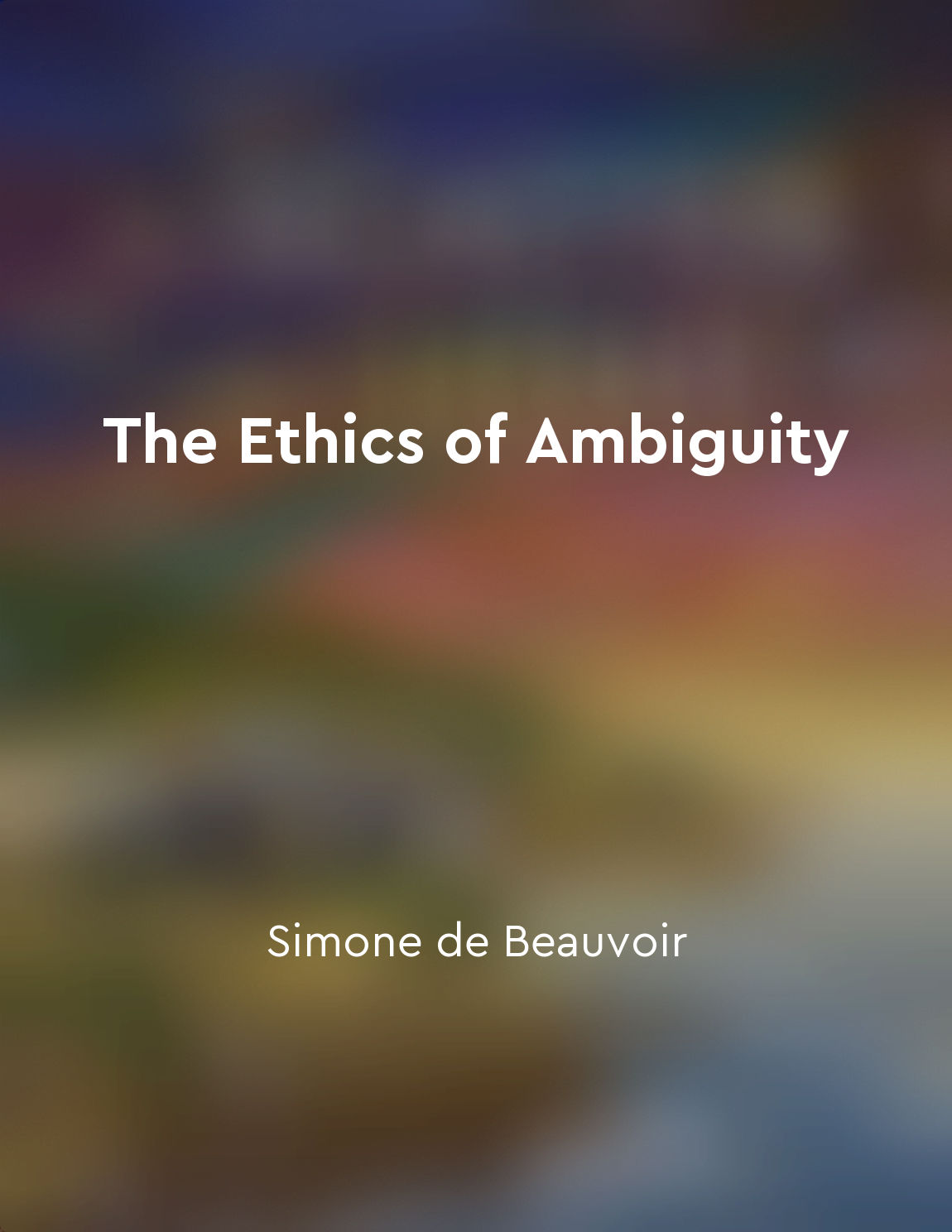Morality in Westeros from "summary" of Game of Thrones and Philosophy by Henry Jacoby
Morality in Westeros is a complex and multifaceted concept that varies greatly depending on the individual characters and their circumstances. In the world of Westeros, moral decisions are often driven by personal gain, power struggles, and survival instincts. Characters are forced to make difficult choices that test their ethical boundaries and challenge their sense of right and wrong. One of the central themes in Game of Thrones is the idea that morality is not black and white, but rather exists in shades of grey. Many characters in the series are neither purely good nor purely evil, but rather exhibit a mix of qualities that make them morally ambiguous. For example, characters like Tyrion Lannister and Jaime Lannister are portrayed as complex individuals who defy traditional notions of morality. In Westeros, the concept of morality is often intertwined with the pursuit of power and the quest for survival. Characters are constantly faced with moral dilemmas that force them to choose between their own interests and the greater good. These decisions are not always clear-cut, and characters must navigate a moral landscape that is filled with pitfalls and moral ambiguity. Throughout the series, characters grapple with questions of loyalty, betrayal, honor, and justice. The moral choices they make have far-reaching consequences that shape the course of the narrative and impact the lives of those around them. In Westeros, morality is a fluid and ever-changing concept that is influenced by the political and social dynamics of the world in which the characters live.- The concept of morality in Westeros is a reflection of the harsh and unforgiving nature of the world created by George R. R. Martin. Characters must navigate a morally complex and often brutal landscape where survival often depends on one's ability to make difficult moral choices. In the end, morality in Westeros is a reflection of the human condition itself, with all its complexities, contradictions, and moral ambiguities.
Similar Posts
Reason is not always reliable
Reason, though undoubtedly a valuable faculty that distinguishes humans from animals, is not always a reliable guide in our dec...
Knowledge of mortality leads to existential contemplation
The awareness of our mortality can act as a trigger for deeper contemplation about our existence. This knowledge brings to the ...
Technology has the power to transform society
Technology, with its ever-evolving advancements, possesses a remarkable capability to reshape the very fabric of society. It se...

The pursuit of selfinterest should not undermine the common good
In a well-ordered society, individuals are naturally inclined to pursue their own self-interest. This pursuit of self-interest ...
Actions must be governed by categorical imperatives, not hypothetical imperatives
In considering the concept of moral actions, it is essential to understand the distinction between categorical imperatives and ...
The nature of heroism
In our exploration of heroism within the world of Game of Thrones, we are confronted with a complex tapestry of characters who ...

The individual must navigate the moral gray areas of life
The individual is faced with a world filled with ambiguity and uncertainty. It is in this realm of moral gray areas that one mu...
His works continue to inspire generations of artists
William Shakespeare's enduring legacy lies in the profound impact his works have had on generations of artists. The timeless th...
Autonomy of the will
Autonomy of the will is the property of the will by which it is a law to itself (independently of any property of the objects o...

